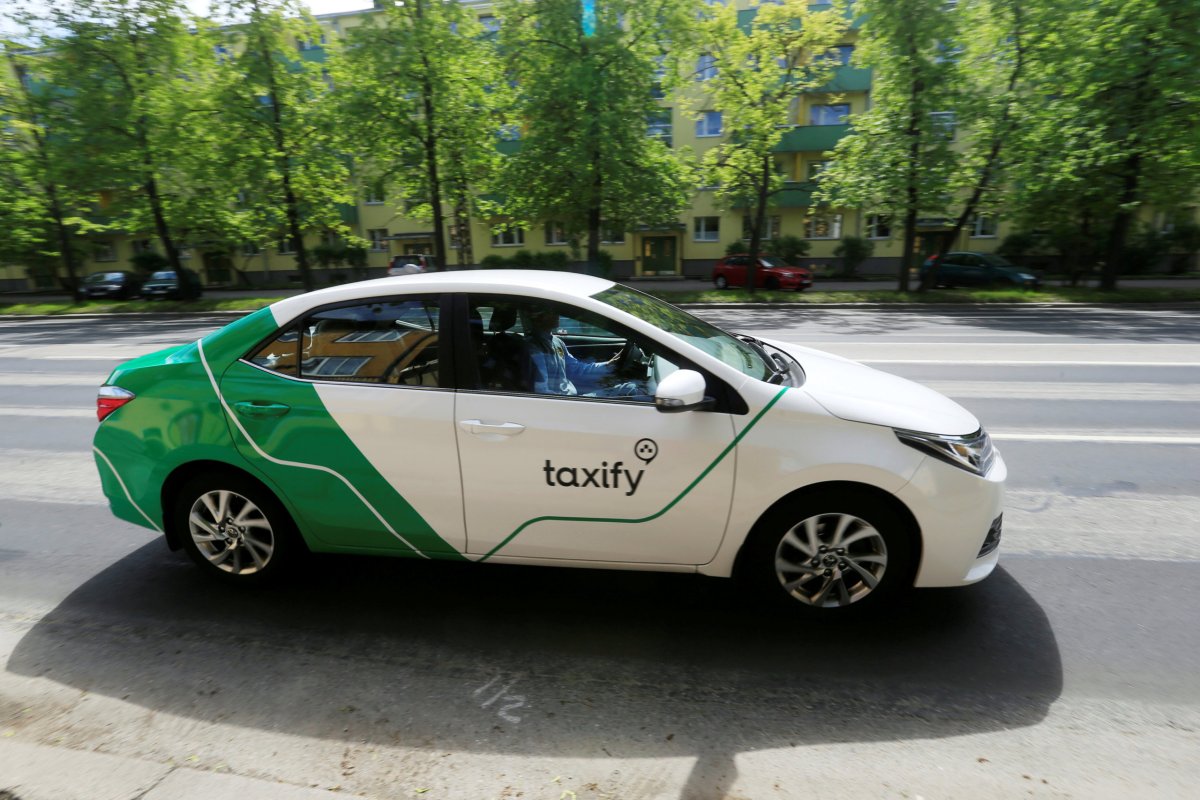By Eric Auchard
FRANKFURT (Reuters) – Taxify, Uber’s upstart European-based rival, is looking to expand during the coming year outside of the biggest cities in the more than 20 countries where it now operates into secondary markets, Chief Executive Markus Villig said on Thursday.
The Estonia-based taxi-hailing platform active in Central and Eastern Europe and Africa, has taken advantage of Uber’s headline-grabbing missteps in 2017 to undertake expansion into a handful of Western European markets and Australia.
On Thursday, it is opening up in Lisbon, Portugal, building on moves in recent months into Vienna, Paris and Sydney. A bid to enter the highly competitive London market in September ground to a halt when transport regulators there denied it a license to operate, a decision it hopes to reverse.
Taxify is active in 40 cities on four continents, seeking to capitalize on mounting driver resistance to Uber in the newer markets it has targeted. By contrast, Uber is active in more than 80 countries and nearly 700 cities.
The smartphone app company typically charges drivers who sign up on its platform a 15 percent commission while Uber takes around a 25 percent cut of fares for drivers using its app to field passenger pickup requests.
Taxify, which last year struck a partnership deal with China ride-hailing giant DiDi in return for an undisclosed amount of financing that gave DiDi a minority stake, is looking to raise further funding in the current quarter, Villig told Reuters.
This could involve further investment by DiDi or new financial investors, but stop short of giving anyone majority control of the firm, the founder said.
The company is looking to raise $50 million, Bloomberg reported this week, citing an unnamed source. Villig declined to comment on the status of the negotiations, saying: “It makes sense to focus on growth right now rather than profitability.”
(Reporting by Eric Auchard; Editing by Himani Sarkar)













